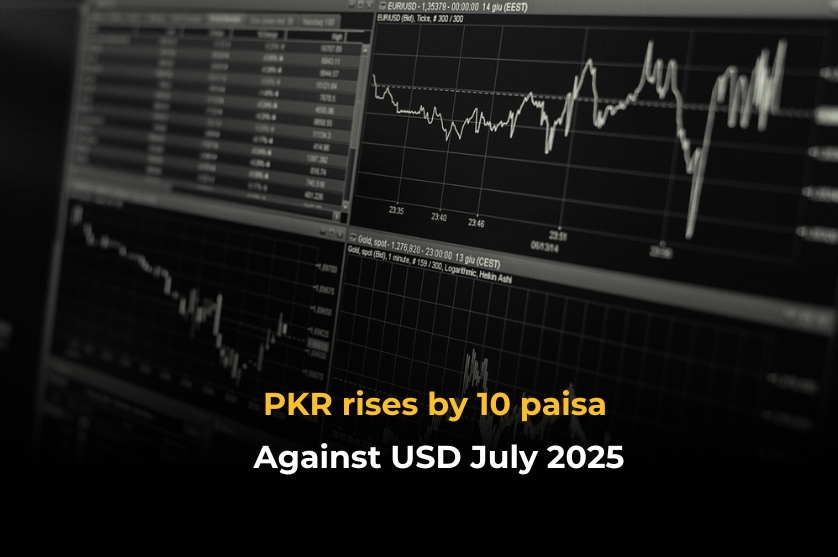What is a Credit Score and Why Is It Important in the U.S.?
Your credit score is a three-digit number that represents how creditworthy you are — how likely you are to repay the money you borrow. In the U.S., the three major credit bureaus manage credit reports: Equifax, Experian, and TransUnion. Having a good credit score will benefit you by:
Getting approved for loans quicker
Making the most of lower interest rates
Enhance chances for credit cards
Enhance financial trustworthiness
So, let’s dive into how you can boost your credit score by 100 points in 45 days — today.
10 Means to Boost Your Credit Score by 100 Points in 45 Days
1. Check Your Credit Report for Errors
First things first — review your credit report. In the United States, you can request a free credit report every 12 months at AnnualCreditReport.com from all three bureaus.
Review for mistakes like misreported account information, duplicate loans, or missed payments.
Report the mistakes directly to the bureau.
Check your credit score, improve credit score, credit report
2. Pay Your Bills on Time
Late payments are one of the primary reasons credit scores decline.
Enroll in autopay or use reminders through apps such as your bank’s mobile app or Mint.
A single on-time payment boosts your credit score.
Pay bills on time, late payment penalties, boost credit score
3. Pay Off Collections Immediately
If you have accounts in collections, pay them off immediately.
Even though the record stays for seven years, the status changes to “Paid,” which is better than “Unpaid.”
4. Get Current on Past-Due Accounts
If you’ve missed EMI payments on auto loans, student loans, or credit cards, get them current now.
Payment history makes up 35% of your FICO score — it’s the single most important factor.
5. Keep Credit Card Balances Low
Keep your credit utilization ratio under 10% of your total credit limit.
If your total credit limit is $10,000, try not to exceed $1,000 in revolving balances.
This shows you’re not overextended or dependent on credit.
low credit utilization, credit card limit
6. Pay Off Debt — Don’t Just Transfer It
Transferring balances between cards might buy time but doesn’t lower debt.
Pay down your balances regularly to lower aggregate debt and boost your score.
7. Keep Old Accounts Open
Paid-off credit cards get closed by many consumers under the mistaken impression that this is beneficial. It’s not.
Leave old accounts open to keep your credit age growing, which is beneficial to your credit score.
8. Shop for New Credit Carefully
When shopping for a mortgage, car loan, or credit card, only do all the applications between a 14- to 30-day period.
FICO considers several inquiries over a short space of time as just one, having minimal effect on your score.
9. Vary Your Credit Mix
Lenders like borrowers with some revolving credit (such as credit cards) and installment loans (such as car or personal loans).
If you have only credit cards, think about adding a minor installment loan that you can repay consistently.
10. Only Apply for New Credit When You Need It
Opening multiple credit accounts within a short time marks you as a risk to lenders.
Limit applying for new credit to when you absolutely need it.
Build Healthy Credit Habits for Long-Term Success
Boosting your credit score by 100 points in 45 days is a good start — but holding onto that score is even more crucial. Make these habits:
Pay bills before the due date
Check your credit report every 3 months
Don’t co-sign for poor borrowers
Discover credit management
Errors to Avoid When Boosting Your Credit Score
Closing credit cards that are old
Borrowing multiple loans within a month
Not settling small bills once they are overdue (e.g., internet, phone)
Avoid these traps to maintain your great credit history.
Conclusion
Increasing your credit score is not a trick or myth — it’s a simple formula. Implementing these 10 surefire strategies, you can proceed to increase your credit score by 100 points in 45 days, even in the U.S.’s credit system. You might want to become qualified for a mortgage, get a better credit card, or simply feel more financially independent — the moment to act is now.
FAQs
What is the fastest way to increase credit score?
Paying bills on time and using less of your available credit limit on cards can raise your credit in as little as 30 days. How can I raise my credit in 30 days? Paying bills on time and paying down balances on your credit cards are the most powerful steps you can take to raise your credit
How to get a 700 credit score in 30 days?
Improving your credit in 30 days is possible. Ways to do so include paying off credit card debt, becoming an authorized user, paying your bills on time and disputing inaccurate credit report information
How can I improve my credit score?
There are several ways you can improve your credit score, including making on-time payments, paying down balances, avoiding unnecessary debt and more. But depending on your unique situation, it can be difficult to know where to start.
How do I improve my poor credit?
Ways to improve your credit score
- Paying your loans on time.
- Not getting too close to your credit limit.
- Having a long credit history.
- Making sure your credit report doesn’t have errors.
Is a 900 credit score possible?
While older models of credit scores used to go as high as 900, you can no longer achieve a 900 credit score. The highest score you can receive today is 850. Anything above 781-800 is considered an excellent credit score.
How do I fix my credit myself?
Steps to improve your FICO Score
- Check your credit report for errors. Carefully review your credit report from all three credit reporting agencies for any incorrect information. …
- Pay bills on time. …
- Reduce the amount of debt you owe.





